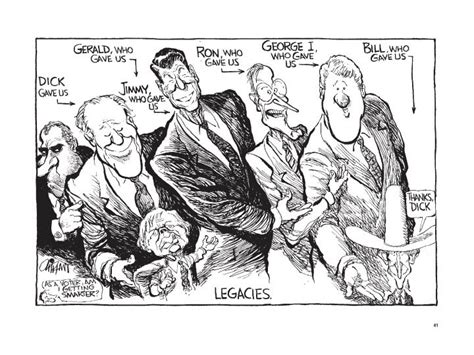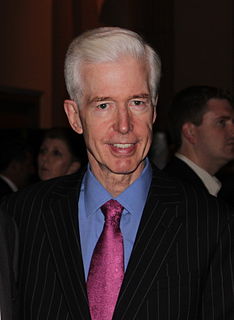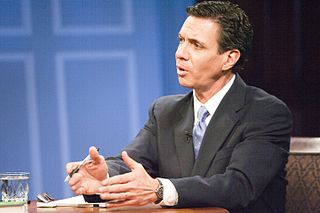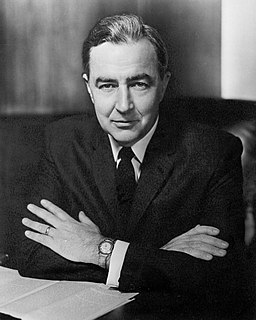A Quote by Pat Oliphant
One-newspaper towns are not good because all the surviving newspaper does is print money. They make 25 percent on their money every year, and if they go down to 22 percent, they start laying people off.
Related Quotes
[The web] is going to end up being a tremendous advantage, providing we can work out the financial structure. I think we’ll see newspapers survive, being printed at home... Or you’ll have a local print shop, so that rather than waiting for the newspapers to arrive by truck, which is 30 percent at least of a newspaper’s cost, you’ll go in and push a button, and it will take your dollar bills without anyone having to be there. And it will print the newspaper for you while you wait. It will take seven minutes. There’s a terrific future for print in my view and it gives me great heart.
Great people in the United States have been disenfranchised.I'll give you an example, it has always been the way to do it, to work hard, save your money, put your money in the bank, get interest on your money and retire wealthy, at least modestly wealthy. Well, the people that have done that have been hurt terribly because there is no interest on your money. You get no money. I just signed for some CDs where you are getting a quarter of one percent. A quarter of one percent! They don't even want your money, the banks.
As long as I hold tightly to something, I believe I own it. But when I give it away, I relinquish control, power, and prestige. When I realize that God has a claim not merely on the few dollars I might choose to throw in an offering plate, not simply on 10 percent or even 50 percent, but on 100 percent of "my" money, it's revolutionary. If I'm God's money manager, I'm not God. Money isn't God. God is God. So God, money, and I are each put in our rightful place.
I think bands will actually make more money without record companies; a much bigger share of the money will go to the bands. You won't have record shops taking 40 percent of the money. You won't have record labels taking 40 percent of the money. So they don't have to sell as many albums as they used to in the past. So it's not necessarily a bad thing if record companies disappear.
Well, one thing that has changed is the number of people killed by terrorists in Pakistan. Civilians killed has gone down really quite dramatically. There was a newspaper article here about a month ago that got big headlines which said that civilian deaths from terrorism were down something like 80 percent or 90 percent from their peak of two or three years ago.
The idea that when people see prices falling they will stop buying those cheaper goods or cheaper food does not make much sense. And aiming for 2 percent inflation every year means that after a decade prices are more than 25 percent higher and the price level doubles every generation. That is not price stability, yet they call it price stability. I just do not understand central banks wanting a little inflation.
When I was 20, 21, 22 years old, I was making really good money for a 22-year-old, but it wasn't a huge pot. And of course I made a lot of mistakes. I'm glad I got to make those mistakes with a smaller pool of money and learn from it as opposed to learning the hard way with bigger amounts of money when there would be more consequences.



































